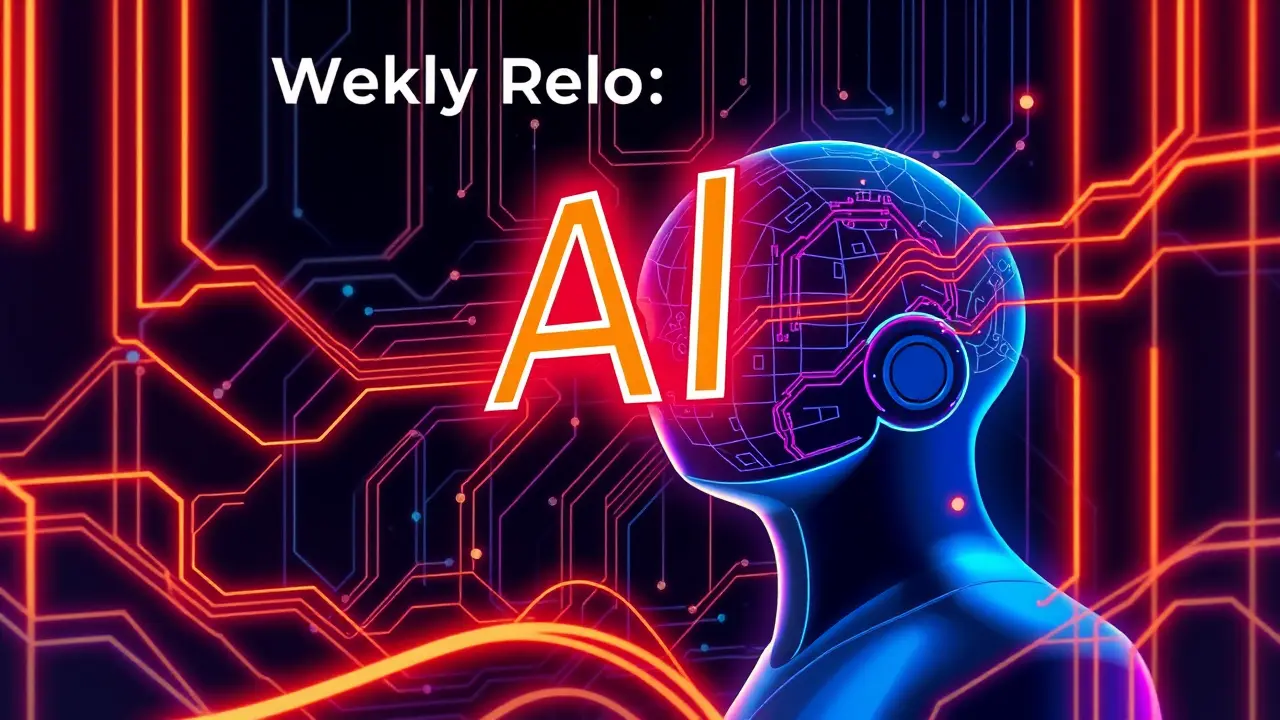
AI
Outpoll Weekly Recap: AI (October 27 – November 2, 2025)
DA
Daniel Reed
4 hours ago7 min read
This past week in AI felt less like a steady march of progress and more like a series of sharp, paradigm-shifting jolts, forcing a collective recalibration of what's possible. The open-source community was set ablaze by the release of 'Aurora-7B', a surprisingly capable 7-billion-parameter model from a hitherto unknown collective, which on several reasoning benchmarks not only matched but, in specific tasks like code generation with nuanced constraints, slightly outperformed models ten times its size; this isn't just an incremental improvement—it’s a direct challenge to the scaling hypothesis, suggesting that architectural elegance and novel training data curation might be the new frontier, potentially democratizing high-level AI capabilities and sending a ripple of concern through boardrooms of giants who've bet the farm on sheer computational brute force.Meanwhile, the prediction markets went haywire as a flurry of high-volume bets were placed on 'Multimodal AGI prototype demonstration before EOY 2026', causing the probability to swing wildly from a stable 18% to a dizzying 45% before settling around 32% by Sunday; this volatility wasn't driven by vaporware but by a leaked, unverified internal memo from a major tech conglomerate hinting at a 'functional cognitive architecture' that can seamlessly integrate visual, auditory, and textual data streams to perform tasks like diagnosing mechanical faults from a video while simultaneously ordering the necessary parts and scheduling a service appointment—a glimmer of a generalized problem-solver that feels closer to Asimov's fictional 'Multivac' than to the single-purpose chatbots of yesterday. On the policy front, the EU's AI Office dropped a surprisingly pragmatic draft framework for 'Continuous Model Auditing', moving beyond static pre-deployment checks to a dynamic system of real-time monitoring for drift and emergent behaviors, a proposal that has already sparked a fierce academic debate between those who see it as a necessary safeguard for the 'societal immune system' and others who warn it could stifle the rapid iteration that drives innovation, creating a regulatory moat around the current incumbents. The underlying trend connecting these disparate threads is a palpable shift from the era of model creation to the era of model integration and governance, where the real value and the most significant risks will lie not in the raw capabilities of any single algorithm, but in how these intelligences are orchestrated, audited, and embedded into the complex, messy fabric of human society.
#Weekly recap
Stay Informed. Act Smarter.
Get weekly highlights, major headlines, and expert insights — then put your knowledge to work in our live prediction markets.
Related News
© 2025 Outpoll Service LTD. All rights reserved.














